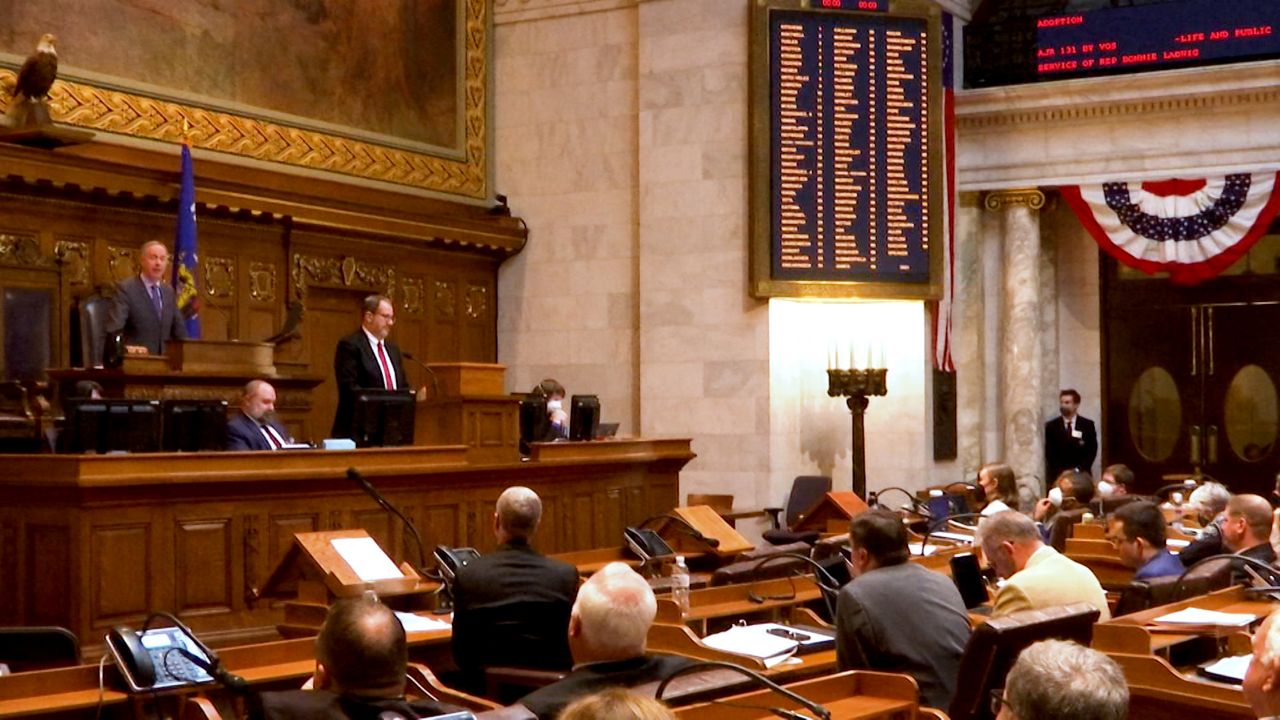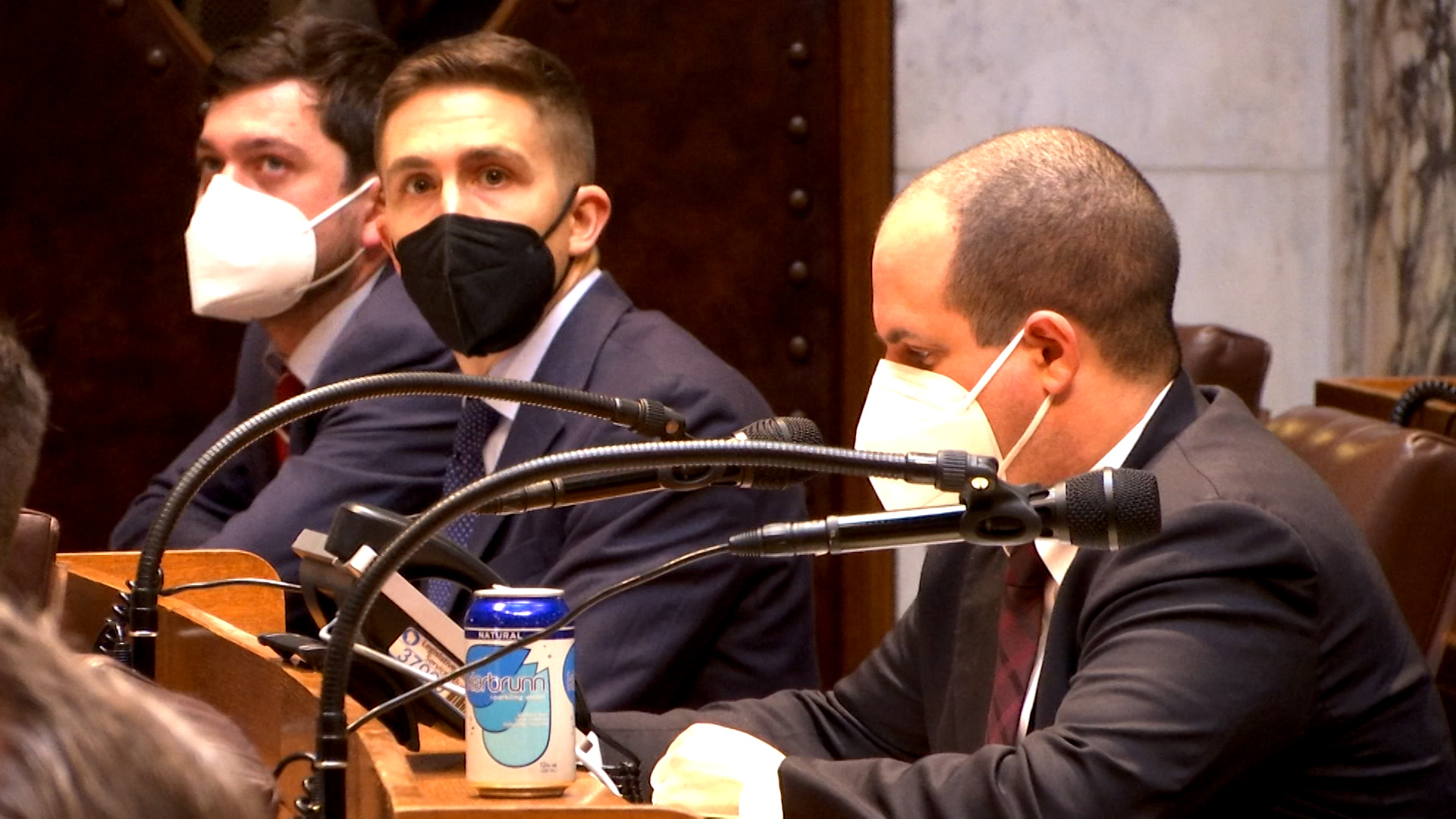MADISON, Wis. — Some lawmakers in the Wisconsin Assembly hope to get more people into the workforce by making it tougher to qualify for unemployment benefits.
However, the fate of the proposals already seems to be sealed with a looming veto from the governor.
Republicans backing the bills said the proof is in the pandemic. The floor session Thursday was about tackling the state's workforce shortage problem. The push comes as Wisconsin's unemployment rate hit an all-time low of 2.8% in December.
Republicans want to rebrand unemployment in Wisconsin and call it “reemployment assistance” going forward.
“Instead of looking at an entitlement, what we want the department to do is change their focus to helping people get back to work,” State Rep. Warren Petryk, R-Town of Washington, told reporters during a press conference.

Also up for consideration Thursday was a proposal to tie the number of weeks someone could receive unemployment benefits to the state's unemployment rate. As a result, fewer jobless people would mean fewer weeks of eligibility.
Democrats pushed back against the legislative package and said the state's workforce problem isn't a new one.
“Republicans need to start listening to workers and they need to start believing them because what they are telling us over and over again is that they prefer quality jobs,” State Rep. Kristina Shelton, D-Green Bay, said. “They want to be employed over unemployment. They just need our help to get there.”
Another bill put to a vote, would take away Medicaid benefits from able-bodied, childless adults, who turn down a job offer or an increase in hours.
“People are passing down promotions, increases in wages, which we are seeing across the sector now, in order to not earn too much to not get pushed off their benefits,” State Rep. Mark Born, R-Beaver Dam, said. “That's wrong, that's not what these programs are for.”

Republicans called the idea common sense, while Democrats argued the programs aren't the problem.
“Wisconsin UI benefits do not replace full wages,” State Rep. Kalan Haywood, D-Milwaukee, said. “They only replace about 50% of the wages folks will usually get on average, so there is real incentive for folks to want to find full-time work.”
The clock is ticking, with lawmakers planning to wrap up their work by next month. Even so, the Senate will likely get the proposals rubber-stamped in time.
Assuming the bills do make it to Gov. Evers' desk, you can expect plenty of vetoes.



